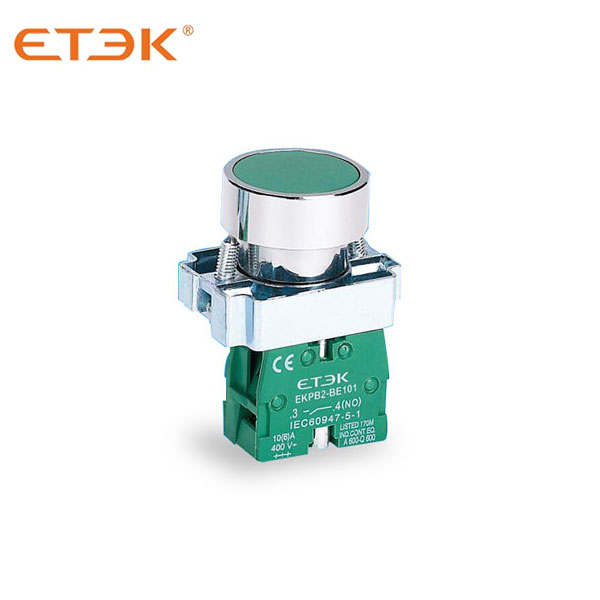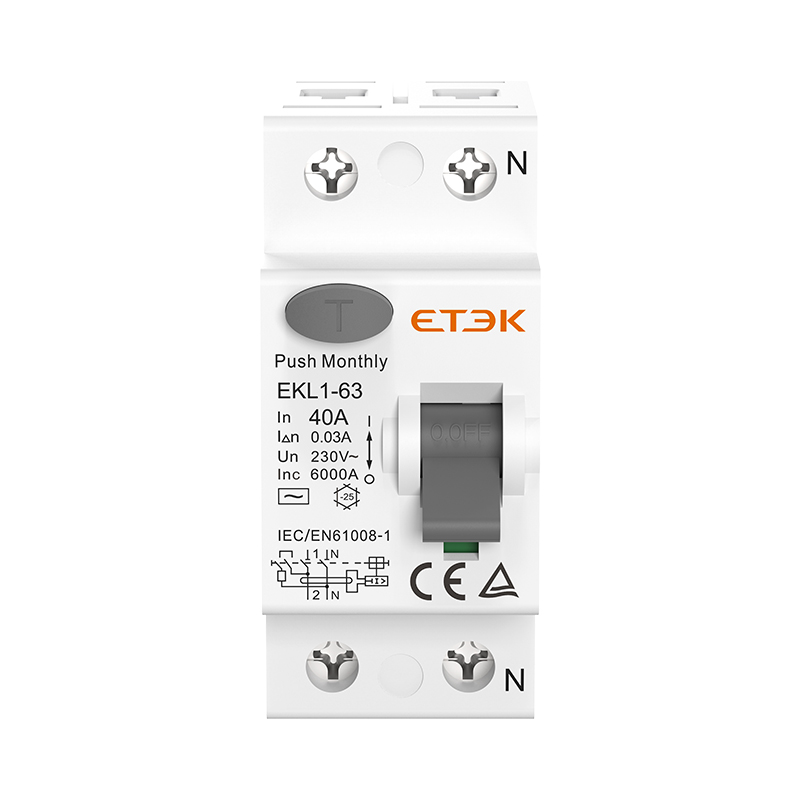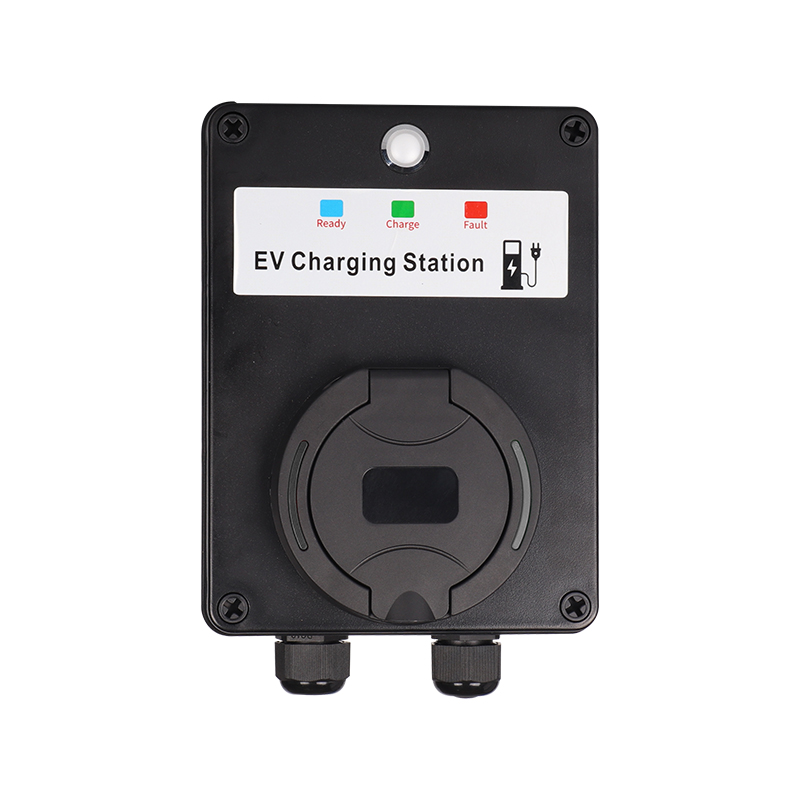What is the Difference between Contactor and Modular Contactor?
1. Contactor
A contactor is an electrical device used to open or close an electrical circuit, typically in applications with high power loads.
Consists of a set of contacts controlled by electromagnets. When the electromagnet is energized, the contacts close and a circuit is formed, allowing current to flow. When the electromagnet is de-energized, the contacts open and interrupt the circuit.
Install:
Contactors are usually installed separately and connected directly to the electrical system.
Additional mounting hardware and wiring connections may be required.
2. Modular contactor
Modular contactors is a contactor designed to be easily installed and replaced in a modular electrical system.
Install:
Modular contactors are typically used in control panels or power distribution systems where multiple contactors are required.
Typically small in size and modular in design, with standardized dimensions and connections, they can be easily snapped onto a DIN rail or mounted to a panel without additional wiring.
Summarize
Both contactors and modular contactors have the same purpose of controlling the flow of current in a circuit, while the main difference lies in their design and application.





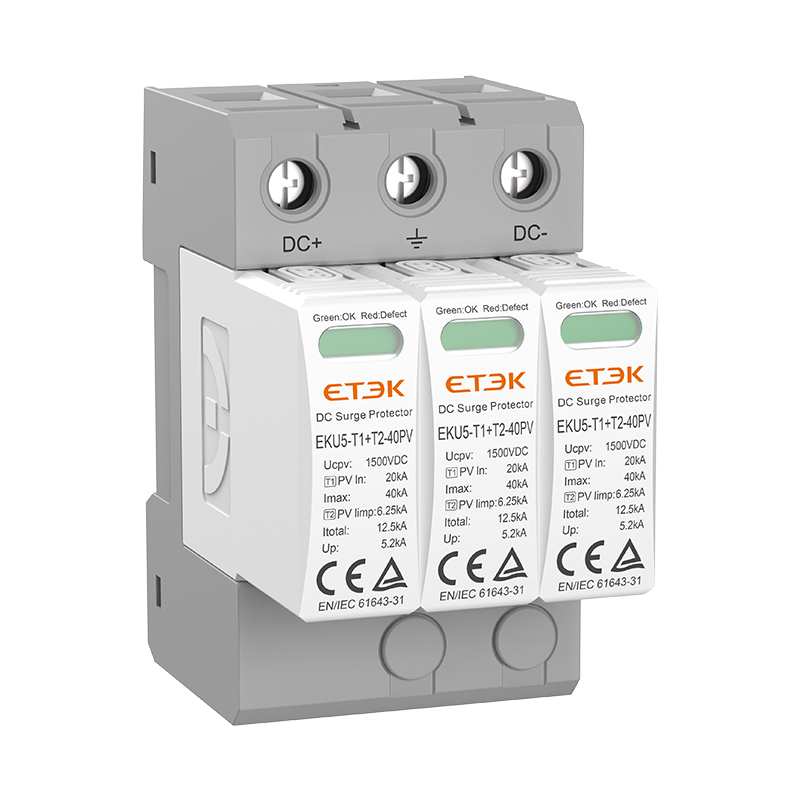
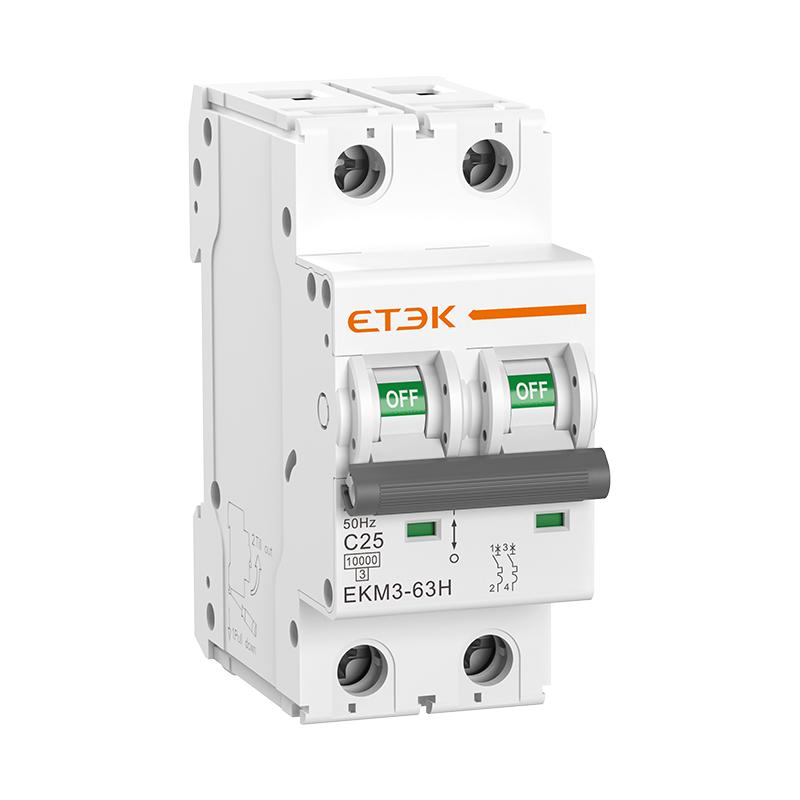
.jpg)
